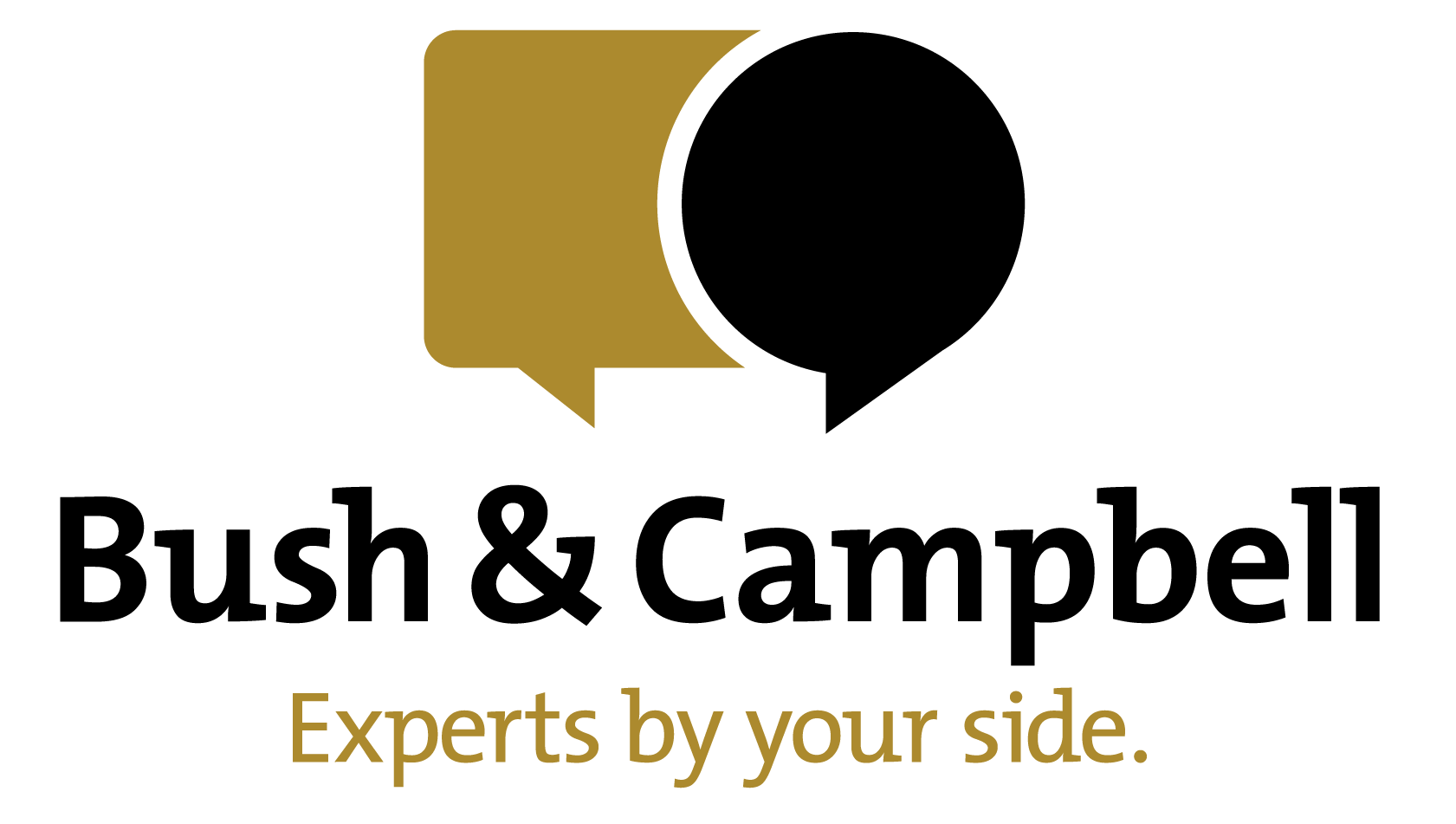2022 End Of Financial Year Checklist
Maximise your tax deductions for the 2021-22 financial year by conducting a thorough review of your records. But to do that, you need to know where to start. Here are some of our top tips for businesses and individuals when it comes to year-end tax planning.
For Businesses:
Temporary Full-Expensing
Any asset purchased between 7.30pm AEDT 6 October 2020 to 30 June 2022 may be written off by a small business under the instant asset write-off. This even applies to second-hand assets (where your turnover is under $50 million). Purchasing later in the tax year (June) as opposed to early in the new year (July) can give you a benefit far sooner in the tax savings that are made on that purchase.
Bad Debts
Bad debts incur a significant cost to all businesses that sell on credit. There is no sense in paying tax and GST on sales where payment will not be received, which is why reviewing if your business has any bad debts attached to it before the end of the year is important. Claiming a tax deduction for bad debts is surrounded by complicated rules, so it may be best to speak with a professional (like us) for further information and assistance.
Small Business CGT Concessions
Individuals operating a small business may be eligible for capital gains tax (CGT) concessions on the sale of business assets. The small business CGT concessions are available to business taxpayers with an aggregated turnover of less than $2 million or on business assets less than $6 million. Review your potential concessions for this financial year to receive the benefits of tax relief or contribute to your retirement savings through the sale of a business. Careful planning around the Small Business Concessions could potentially save hundreds of thousands of dollars in tax on the eventual sale of your business.
Stocktake
The year-end stocktake should involve a review of all trading stock and a decision made about its value from both a tax and commercial perspective. Obsolete, slow-moving or damaged stock should be identified by 30 June and disposed of for income purposes in order to receive a deduction.
Pay Quarterly Super
In order to qualify for a tax deduction for the 2021-22 financial year, Super Guarantee contributions must be paid by 30 June 2022. Some clearing houses can take more than a week to submit the payment to the super fund, but the fund must receive the contribution before the deadline. To keep on top, the best practice may be to pay before 20 June (to allow the extra time for the clearing houses to process the payment.
For Individuals:
Work From Home Deductions
If you’ve been working from home during lockdowns or as a result of the pandemic’s effects, the ‘shortcut method’ is available to claim running expenses at the rate of 80c per hour worked. You will not be able to claim using other methods though, and will not be able to claim on asset depreciation.
LMITO Offset
If you’re within the Low & Middle-Income Tax Brackets for the offsets, you may be eligible for additional tax relief on your income tax return. We can assist you in checking if you will be able to claim this or not.
Depositing Contributions
Any contributions that have been recorded for your SMSF need to be deposited into the fund’s bank account by no later than 30 June. This is especially important where members have reported concessional or non-concessional contributions on their tax returns. But remember that you can’t claim the tax deduction until you have lodged your notice of intent to claim a tax deduction and have received an acknowledgement back from the fund. No early lodgements if you have made a contribution to super.

